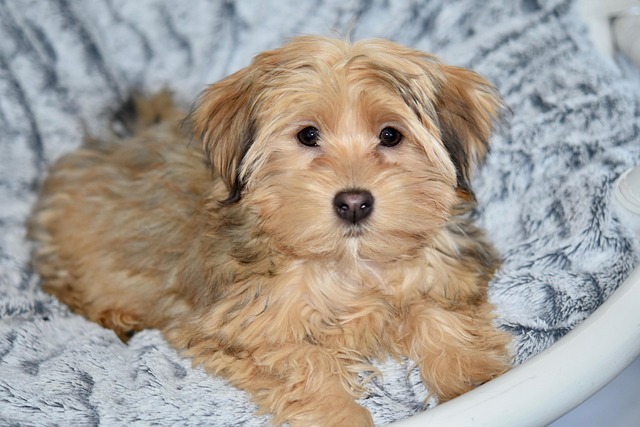
How do i train my dog to be obedient?
Watching your dog dart across the park ignoring your calls isn’t just frustrating—it can put them at risk near busy streets or public spaces.
Yorkshire terrier puppies have tiny bladders, so sticking to a consistent schedule is key—try taking them out first thing in the morning, right after meals, and before bed. Many new owners in urban areas like London or Chicago find setting a timer for 2-hour intervals helps prevent accidents on hardwood floors or area rugs. Always use a harness instead of a collar when heading out, as Yorkies’ delicate necks can be injured easily, and this small step also keeps you compliant with local pet safety laws.
When your puppy does their business outside, offer immediate praise—think excited “good girl!” or a tiny training treat like freeze-dried chicken. Avoid scolding if they have an accident indoors; positive reinforcement works far better with this sensitive breed. Some cities, like Portland or Berlin, require picking up pet waste in public spaces, so keep biodegradable bags handy—this isn’t just polite, it’s often a legal requirement that comes with fines if ignored.
 Choose a specific spot in your yard or near your apartment building for potty breaks; Yorkies thrive on routine and will learn to associate that area with going. If you live in a high-rise, using a small artificial grass pad by the door can help on rainy days, but be sure to clean it daily to prevent odors. Check your local council’s rules too—some neighborhoods restrict where dogs can relieve themselves, especially near playgrounds or schools.
Choose a specific spot in your yard or near your apartment building for potty breaks; Yorkies thrive on routine and will learn to associate that area with going. If you live in a high-rise, using a small artificial grass pad by the door can help on rainy days, but be sure to clean it daily to prevent odors. Check your local council’s rules too—some neighborhoods restrict where dogs can relieve themselves, especially near playgrounds or schools.
Be patient, as potty training a Yorkie can take 4-6 weeks, even with consistent effort. Puppies under 6 months old can’t hold it for more than 3-4 hours, so avoid leaving them alone for longer stretches. If you work full-time, consider a dog walker or pet sitter midday—this not only helps with training but also keeps your puppy happy and healthy. Remember, every breed learns at their own pace, and Yorkies’ intelligence means they’ll catch on faster with gentle, regular guidance.
By the end of the training process, you’ll have a well-adjusted Yorkie who knows exactly where to go—and you’ll feel confident navigating local pet laws too. Whether you’re taking walks in Central Park or a quiet village outside Paris, sticking to the schedule and positive reinforcement will make potty training a smooth experience for both you and your furry friend. This foundation also sets the stage for other training later, like leash manners or basic commands, strengthening your bond for years to come.

Watching your dog dart across the park ignoring your calls isn’t just frustrating—it can put them at risk near busy streets or public spaces.

New puppy owners often find themselves rushing to clean up accidents before they set in, and that’s where puppy pad training becomes a game-changer.

If you've noticed your dog's waistline disappearing and your veterinarian has mentioned those few extra pounds, your first instinct might be to simply reduce the amount of food in their bowl.

Training a dog to use a designated spot indoors isn’t as daunting as many new owners fear, but it does take consistency and an understanding of your pet’s needs.

That moment of dread on a walk is all too familiar for many new dog owners. You see another dog approaching down the sidewalk of your neighborhood

If the sight of another dog on your neighborhood walk makes your heart sink as your own dog erupts into a frenzy of barking and lunging, you're not alone.